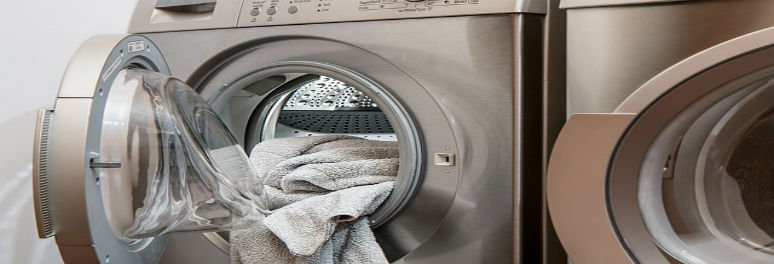
When you’re shelling out a fair amount of cash for a household appliance, it’s sensible to ask yourself, or the person selling you the machine a few questions first. When the appliance in question is a washing machine you’ll want to know that it has the features and drum capacity you need, you’ll be looking for something with a reasonable reputation for quality and reliability, and importantly you’ll want to know how long it’s likely to be before you have to replace it. This last poses an interesting question, how long should your washing machine last?
What consumers say?
According to research most consumers expect a washing machine to last around six years, and the likely longevity of the machine is one of the major considerations when deciding what to buy. This is an interesting figure as most manufacturers only offer a guarantee of one or two years on a washing machine.
What manufacturers say?
Most manufacturers are reluctant to give a length of life expectancy. One exception is Miele, who claim that their machines are designed to last for 20 years in a household that makes ‘average use’ of the appliance. However, even Miele don’t offer a 20 year guarantee, their standard is two years while a few models are backed for five and a very select number come with a ten year warranty.
Do washing machines have a shorter life expectancy than they used to?
The short answer to this seems to be yes. One cynical explanation is that manufactures build machines with the intention that they will fail after a certain number of cycles so that consumers have to replace them. A less cynical explanation is that because the market for new white goods is extremely competitive production costs have been stripped to the bone. This means lower quality in manufacture and shorter longevity.
There’s one more factor to take into consideration, and this is that new appliances are tremendously more efficient than older models. Both water and energy costs are much lower than they were even 10 years ago. Some people argue that replacing an old appliance with a more efficient one can make both environmental and financial sense, though others are of the opinion that the environmental costs of scrapping the old machine are rarely fully factored in to this equation.
Getting the Most out of Your Washing Machine
One reason why manufacturers are reluctant to state a life expectancy for washing machines is that there are so many ‘it depends’ factors. How you use and care for your appliance will make a big difference to how long it lasts. Maximise the useful lifetime of your machine by:
Getting it installed correctly – If things aren’t right at the outset you’re setting yourself up for problems down the line. If at all possible the machine should be in your house, putting it in a garage or shed where there’s no heating, or in a damp location isn’t good for it.
Using it according to the manufacturers guidelines – Not overloading or under-loading for instance. It’s much easier to do this if you make sure you buy a model that’s suitable for your household and intended use.
Following the maintenance schedule – And attending to any washing machine repairs that are needed promptly. Preventing faults from arising and fixing them promptly if they do occur will make a big difference to the useful lifespan of your appliances, and a small amount of cash at an early stage could save you in the long run.



